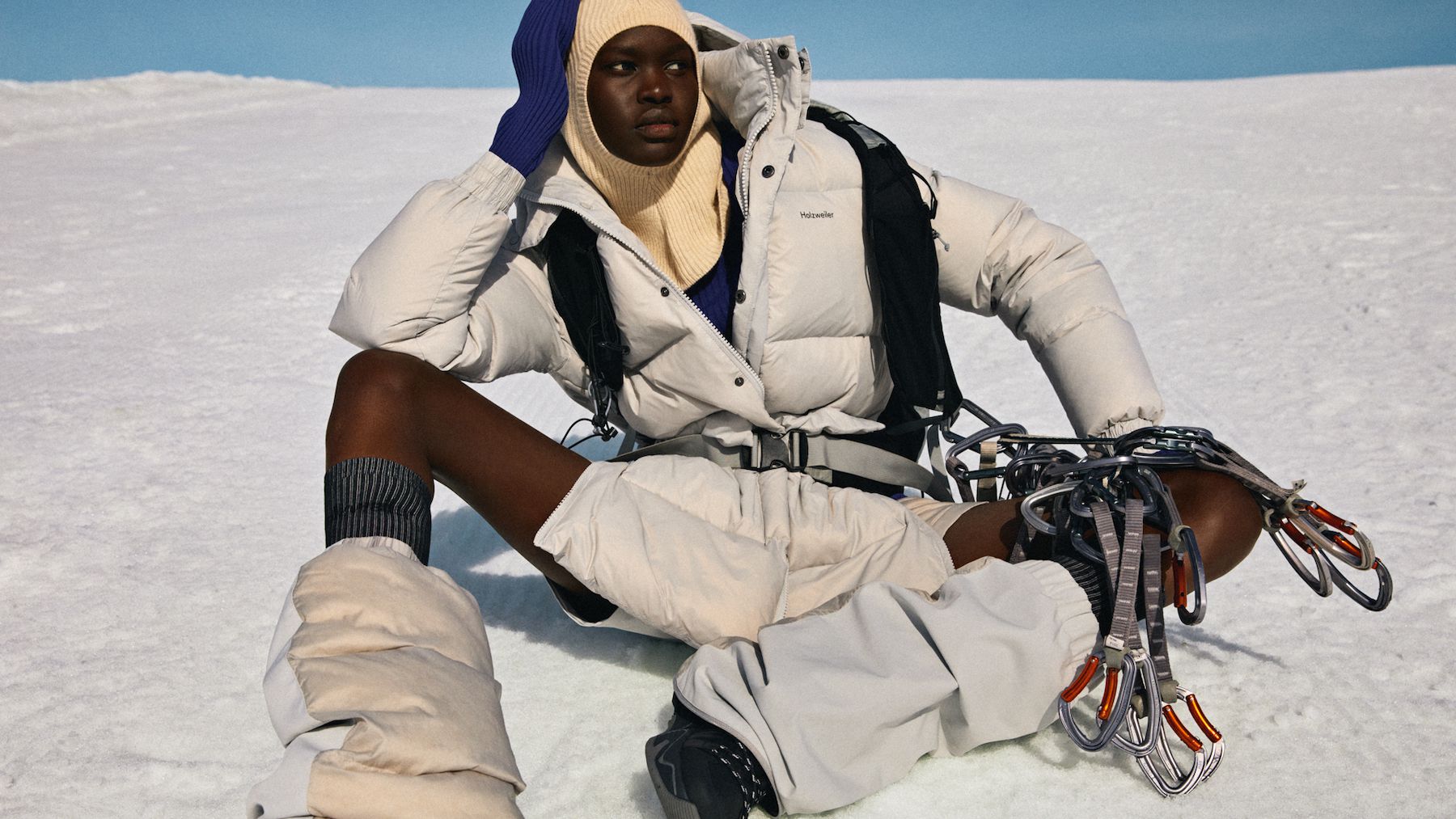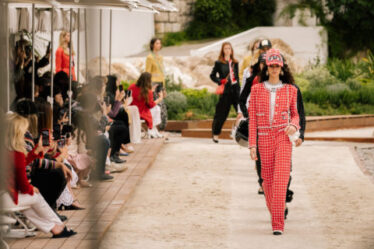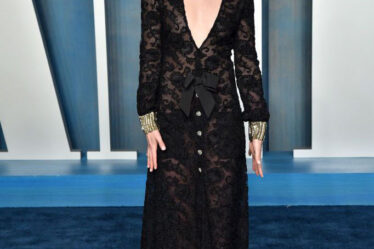
Contemporary Norwegian label Holzweiler has built a dedicated fan-base for its well-constructed basics with a Scandi-chic edge. Now, it’s eyeing global expansion with the backing of venture firm Sequoia Capital China.
The venture firm is taking a majority stake in the brand in a deal announced Monday. The financial terms were not disclosed, but the brand’s founders, siblings Susanne and Andreas Holzweiler, and creative director Maria Skappel Holzweiler (also Andreas’s wife) will retain a minority stake.
The investment comes at a challenging time for emerging fashion labels as soaring inflation and a looming recession raise concerns customers will pull back on spending. Typically, the already-crowded and competitive contemporary market suffers the most during economic downturns as shoppers fall back on higher-end luxury investment pieces or value-driven purchases from mass-market retailers, if they spend at all.
But over the last few years of upheaval, a handful of contemporary brands have shown resilience thanks to solid business models, strong customer relationships and savvy marketing and brand positioning that gave them cachet on sticky issues like sustainability and responsible production.
Perhaps the most successful example of this strategy is the Danish label Ganni, which was bought by L Catterton in 2017. The LVMH-backed venture firm is reportedly now exploring a sale that could value the company at up to $700 million.
“There is still disposable income to spend as long as … brands are meeting the needs of those consumers [with] good quality, timeless pieces,” said Fflur Roberts, global head of luxury goods at market research firm Euromonitor International.
Since it was founded in 2012, Holzweiler has leaned into its own version of this playbook. It launched with scarves, hero products that helped it carve out an early niche. It’s branched out with collaborations that racked up cultural cachet inside and outside the fashion world — from designing a hoodie for Sarah Andelman’s Parisian concept store Colette, to launching a fine-dining restaurant in Oslo.
The company is expecting consolidated turnover of around $50 million this year, up 60 percent from 2021. The brand has been profitable since day one, Andreas Holzweiler said.
With the help of the investment from Sequoia, and its new owner’s expertise in the Chinese market, the brand is aiming to surpass €100 million ($102 million) in sales. It has plans to expand its physical retail footprint, starting with a flagship store in Copenhagen, Denmark in October and its first London store in Spring 2023. Store openings in key US and Chinese cities will follow, with the brand also launching with Chinese online luxury seller Tmall next month.
The move comes after some six years of brand-building and three years of scaling up the business, which included hiring its first chief marketing officer in March this year.
“You get to certain points [of] growth, where you can take things organically and you can build a solid backbone for your brand,” said Andreas. “But I think it comes to a point where if you want to globalise the brand … you both need more in-house knowledge, but also the scale and the knowledge [of an investor].”
Since early 2021, Sequoia Capital’s China arm has bolstered its fashion portfolio to include Parisian brand Ami and South Korean contemporary brand We11done, in both cases with a view to scale for global expansion. It also holds a minority stake in luxury e-commerce company Ssense and Chinese ultra-fast-fashion juggernaut Shein.



